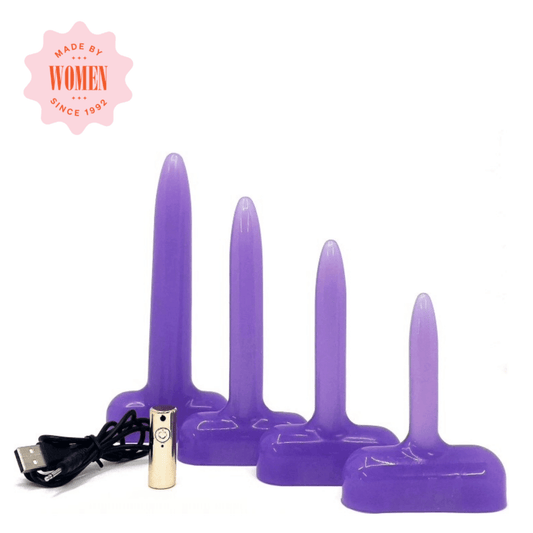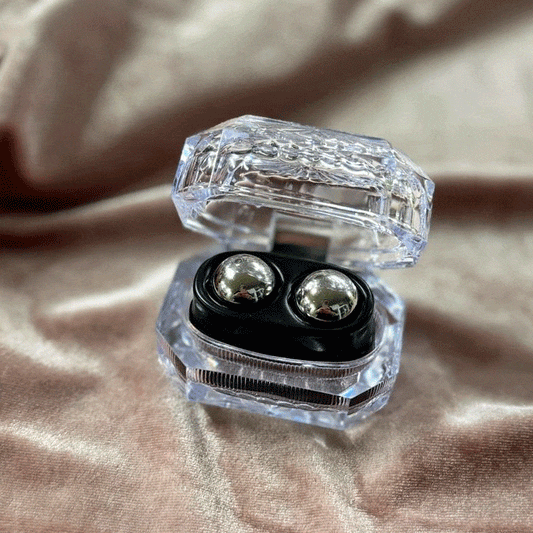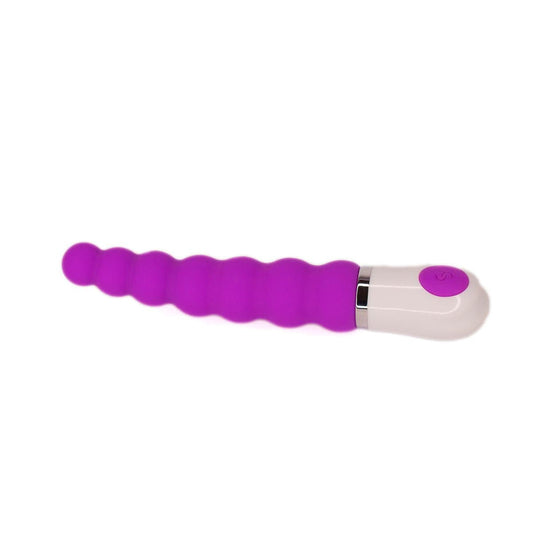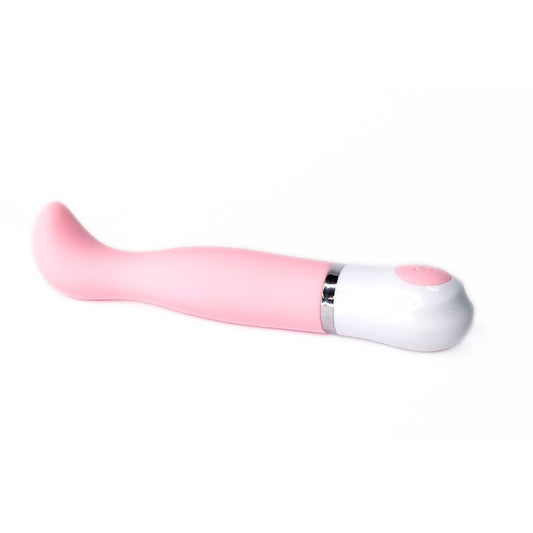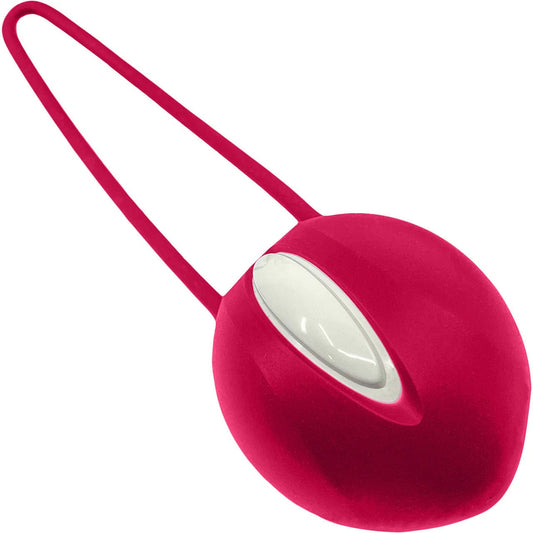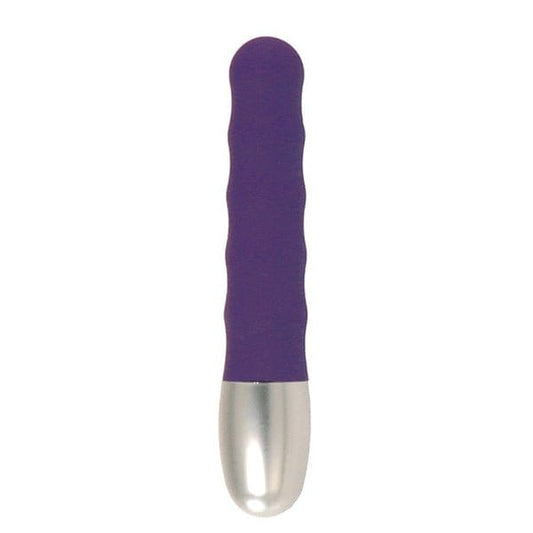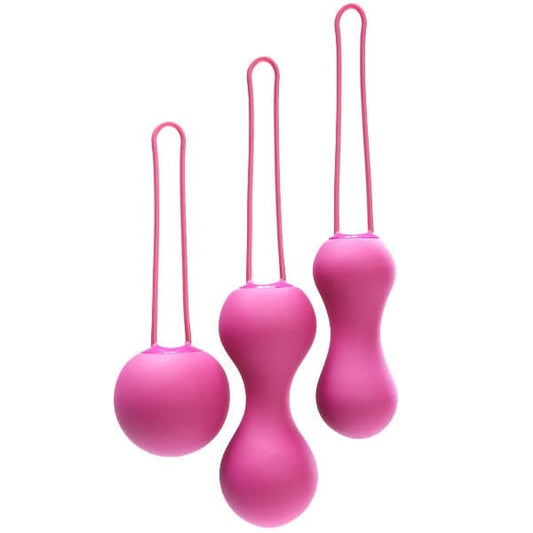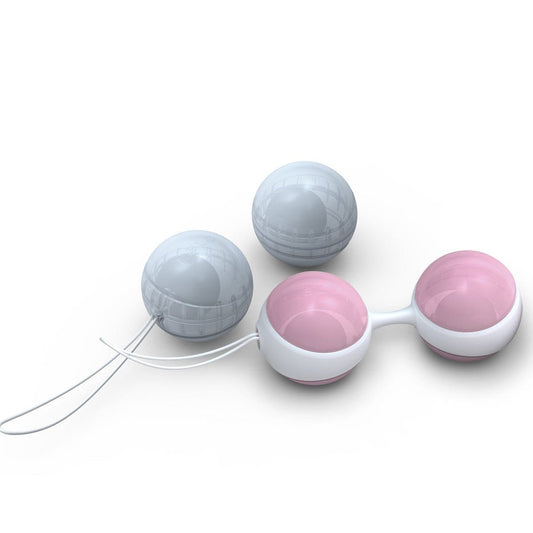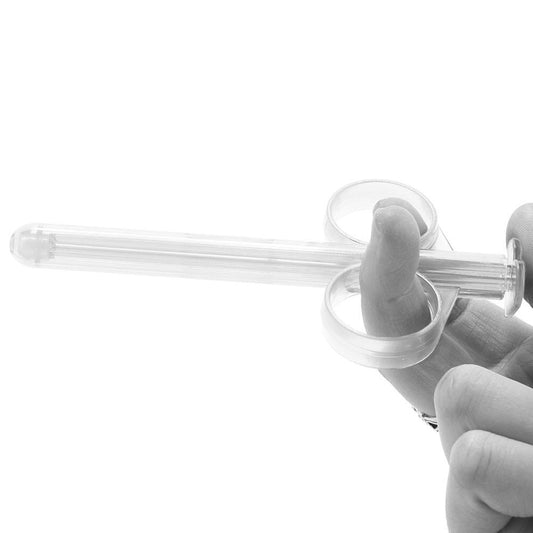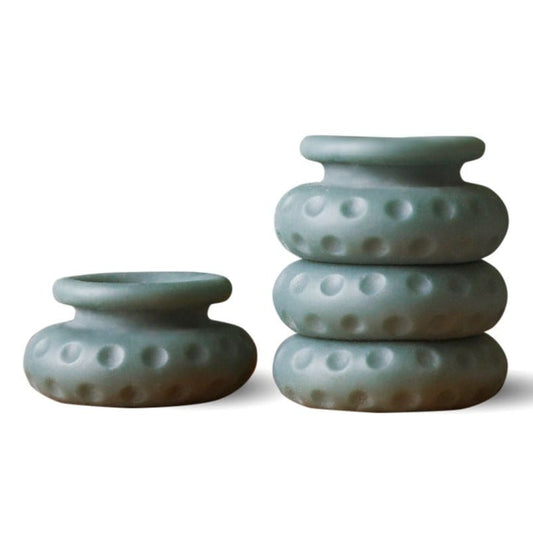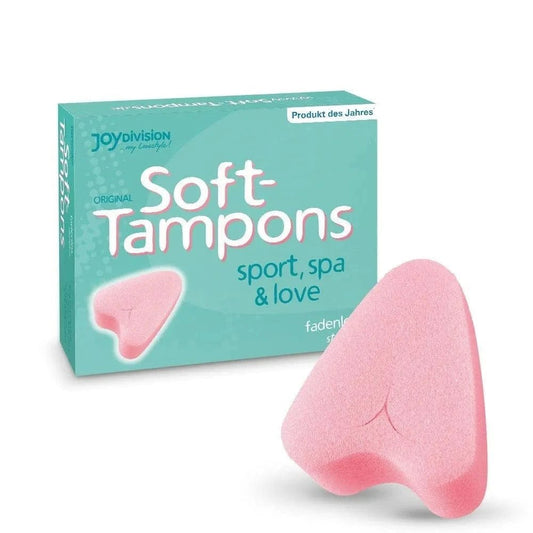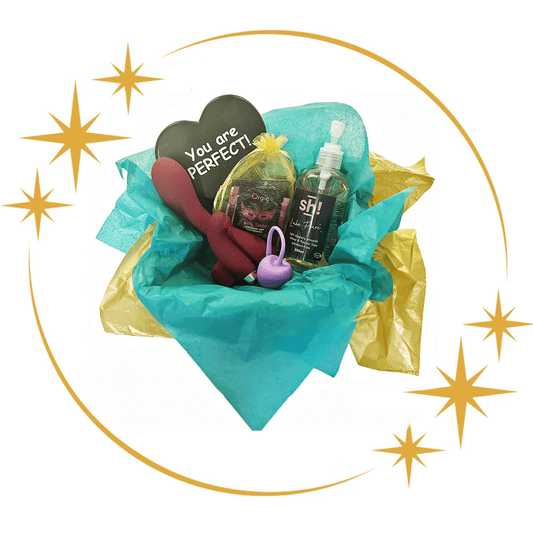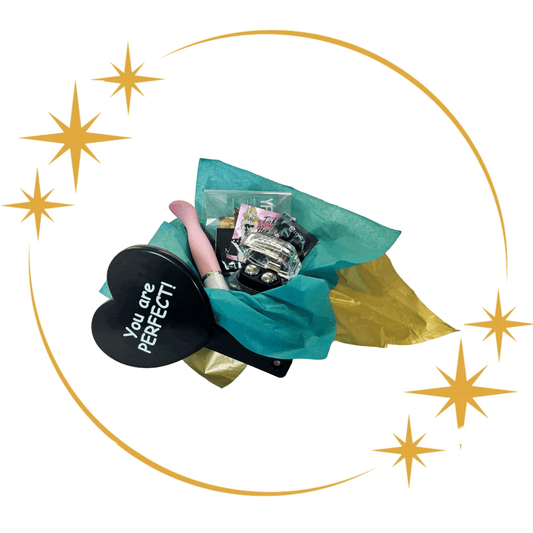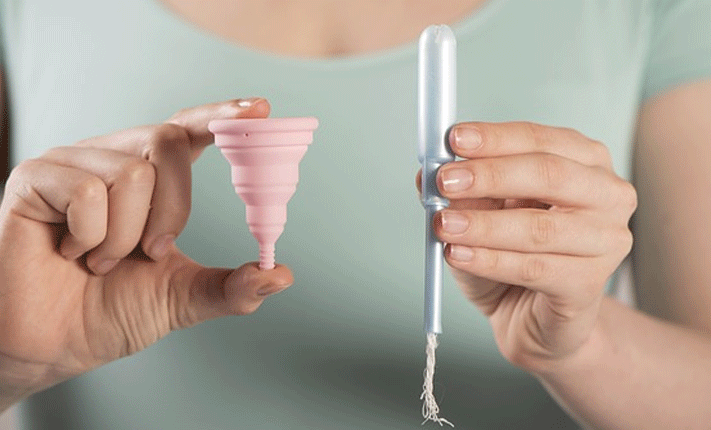Bringing a new life into the world is a beautiful and transformative experience. However, it's no secret that pregnancy and childbirth can have a significant impact on a woman or vulva-owners body and sex life. Many new parents have questions and concerns about resuming sexual activity after pregnancy. In this blog post, we will explore the topic of sex after pregnancy and provide you with some helpful information and tips.
How long should you wait?
One of the most common questions new parents have is how long they should wait before engaging in sexual activity after childbirth. The truth is, there is no one-size-fits-all answer to this question. It's essential to listen to your body and have open and honest communication with your partner.
In general, healthcare providers recommend waiting until any postpartum bleeding has stopped and the you feel physically and emotionally ready.
Physical changes
Pregnancy and childbirth can bring about various physical changes that may affect your sex life. Hormonal fluctuations, vaginal dryness, and changes in breast sensitivity are common. Additionally, some women may experience perineal tears or episiotomies, which can require time to heal. It's crucial to be patient with yourself and your body during this time.
Emotional considerations
Sexual intimacy after pregnancy can also be influenced by emotional factors. The demands of caring for a newborn, sleep deprivation, and changes in body image can all impact a person's desire for sex. It's essential to have open and honest communication with your partner about your feelings and needs. Remember, intimacy is not solely about penis or dildo in vagina, but can also include cuddling, kissing, and other forms of physical affection and erotic play.
Take it slow
When you do decide to resume sexual activity, it's essential to take it slow and listen to your body. Start with activities that feel comfortable and pleasurable for both you and your partner. It may take time for your body to regain its pre-pregnancy level of sexual function, so be patient and kind with yourself.
Vaginal dryness
After having a baby, it's not unusual for women to feel their vagina has lost its muscle tone or or feel drier than usual. Its also common to experience perineal pain or pain during intercourse.
Dryness can be caused by reduced oestrogen levels compared to when you were pregnant, and it can be more marked if you are breastfeeding. The dryness should pass with time but until it does, the best solution lube.
Lube might also help with pain during sex, but we recommend speaking to your doctor if it doesn't.
What is the PC muscle?
The pubococcygeus muscle, or PC muscle for short, is a sling of internal muscles that support the pelvic floor. This sling circles around your genitals and tailbone in a figure of eight.
Regular exercising of the PC muscle helps repair vaginal strength after childbirth, and it also helps keep stress incontinence at bay. Stress incontinence is often a result of pregnancy, vaginal birth and just general ageing.
The PC muscle is not an erogenous zone, but being able to flex the muscle control enhances vaginal strength and sexual pleasure. The PC muscle contracts involuntarily when you orgasm, and it makes sense that a well-toned vagina gives stronger orgasms.
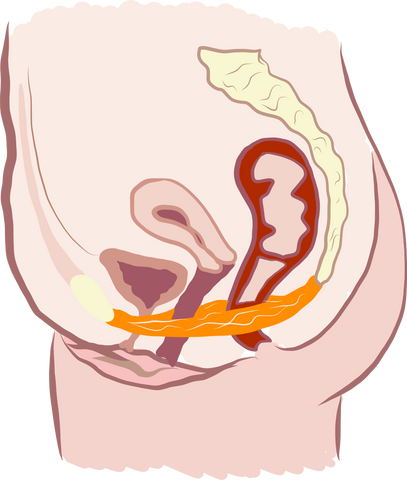
How to locate the PC muscle
You can locate your pelvic floor muscle by halting the flow of urine midstream. Try not to tense other muscles like thighs, back or stomach. The muscle you use to stop your flow is the PC muscle.
If you want to be sure you can isolate the right muscle, slide a lube-up finger into your tush whilst squeezing and releasing. You will feel the contractions.
How to exercise the PC muscle
PC muscle exercise is also known as kegel exercise.
Kegels can be done anytime, anywhere. You can squeeze and relax during your daily commute, on the school run while ironing or watching TV. You can even do your kegels during sex - it helps build arousal and orgasms!
You don't need fancy trainers or a new tracksuit for this type of exercise - all you need is a determination to keep going (because it can be dull and it's easy to give up).
But - it can be beneficial and pleasurable to have something to squeeze against. Having a set of love balls inside the vagina makes doing kegels much more fun!
Apply a coat of water-based lube to the kegel balls and insert them into the vagina (never the bum) with the string outside like a tampon.
Once they are inside, do your kegels as usual - the balls offer resistance and help strengthen and tone the PC muscle faster. It's like a li'l gym for your vagina!
4-step PC muscle exercise program
- Build up to contracting and relaxing your PC muscle 25 times twice per day. You may need to start with 5 contractions - this is absolutely fine. Do what you can, and build up slowly.
- Once you can easily contract and relax your PC muscle 25 times in a row, it's time to move up to 50 contractions. Again, build up slowly, and do what you can.
- Once you've mastered that, do two sets of 25 contractions, but hold each squeeze for a count of 3.
- Work back up to 50 contractions twice per day.
Following this routine will have you in control of your PC muscle sharpish :)
Flexing & breathing
Practise kegeling daily, and try improving on how many contractions and how long you can hold the contraction. Try to coordinate your breathing with the contraction so that you inhale as you squeeze and breathe out as you release. It's tempting to hold your breath, but keep breathing!
Need more help?
Sex after pregnancy is a topic that many new parents are curious about. It's essential to remember that every person's experience is unique, and there is no right or wrong way to navigate this aspect of your postpartum journey. By staying informed, communicating openly with your partner, and seeking professional help when needed, you can work towards a fulfilling and satisfying sex life after pregnancy.
If you're experiencing difficulties or have concerns about sex after pregnancy, don't hesitate to seek professional help. Healthcare providers, such as gynecologists or sex therapists, can provide guidance and support tailored to your specific needs.





